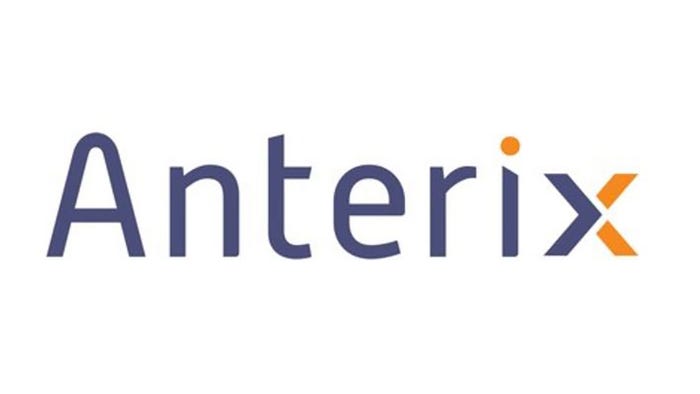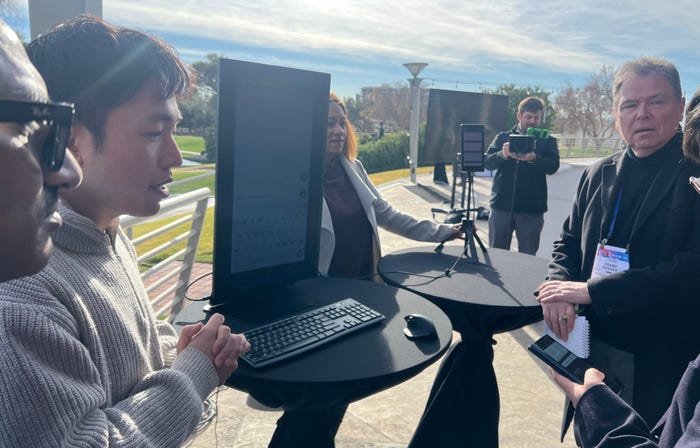Carbyne announces resell relationship with AT&T for cloud-based 911 offeringsCarbyne announces resell relationship with AT&T for cloud-based 911 offerings

Cloud-based 911 vendor Carbyne today announced that it has entered into a strategic relationship with AT&T that will allow the carrier giant to resell Carbyne’s APEX and Universe emergency-call management and mapping solutions.
Carbyne CEO Amir Elichai said that his company’s cloud-based 911 technology currently is deployed in “a bit less than 100” public-safety answering points (PSAPs) in the U.S. Instead of trying to increase its 200-employee total to bolster direct sales, the company is forging business relationship with “the strongest and most mature” players in the 911 space—such as AT&T, Tyler Technologies, Priority Dispatch and Accenture—to gain access to the more than 6,000 PSAPs in the United States.
“We prefer to focus on software, innovation, AI and everything, and work with those that have the relationships [with PSAPs] to scale the business,” Elichai said during an interview with IWCE’s Urgent Communications. “For Carbyne, it just means a faster go-to-market [process] and be first in every door, which—without a player like AT&T—would be very, very hard for us.
“It’s not that we are not growing—we are still growing more than 100% year over year—but with AT&T, we will be able to much more as a multiplier.”
Under the new arrangement, AT&T will be able to resell Carbyne’s data-only Universe offering—supporting real-time video, location and chat functionalities—and Carbyne’s APEX product, a “full-blown” 911 call-taking ecosystem with all of the Universe data features embedded in it, Elichai said.
Given AT&T’s leadership roles in both delivering 911 calls to PSAPs and deploying Emergency Services IP networks (ESInets)—the foundational network for next-generation 911 (NG911) deployments—Elichai believes the Carbyne-AT&T relationship “will enhance the transition from legacy to next-gen 911 in a much more efficient and faster way.”
Elichai said that Carbyne officials have been working with AT&T personnel “for almost a year” in preparation for today’s announcement. During that time, the teams have worked together to document all features of the Carbyne products, so AT&T employees can address the needs of most customers directly.
“AT&T is basically going to do everything—handling sales, site surveys, deployments, training and support,” Elichai said.
While AT&T personnel will be trained to address most foundational-level issues that a 911 center might have with the APEX or Universe products, Carbyne’s support staff will continue to be available to deal with more detailed or higher-level questions, Elichai said.
Matt Walsh, AT&T’s assistant vice president for FirstNet and NextGen 911 products, expressed optimism about the carrier’s new relationship with Carbyne.
“AT&T is committed to improving the safety of the communities we serve—from delivering the nation’s public-safety network to evolving 911 call centers across the country with next-gen 911 solutions like AT&T ESInet,” Walsh said in a prepared statement. “Our work with Carbyne is the next step in this endeavor by delivering cloud-centric solutions to give dispatchers a user-friendly interface that enables faster, more informed decision-making during critical situations.”
Elichai said the relationship between Carbyne and AT&T began with the two companies were asked to integrate their products to support a 911 center in New Orleans and five agencies in Texas that were using AT&T ESInet platform.
“We saw that the operation to go live—the support—was so efficient and easy compared to a legacy deployment,” Elichai said. “We basically started discussions around forming a more strategic partnership between Carbyne and AT&T to go together to market, where AT&T would be able to position the Carbyne cloud offering through their master accounts—roughly 50% or 60% of the market.”
Founded in Israel, Carbyne has been a New York-based companies for several years, Elichai said. During its formative years, Carbyne officials spent a significant amount of time “educating” the 911 sector—one with a steep tradition of on-premise technologies—on the advantages of cloud-based solutions, he said.
Today, a variety of cloud-based offerings are being adopted readily by 911 centers, and even traditional 911 vendors now promote cloud-based services. However, Elichai said he believes that Carbyne continues to have the only cloud-based call-handling solution that is working in PSAPs at the moment.
“Many are working on it or say that they might launch it, they’re talking about it and claim that they have it already, but we’ve never seen anyone else [deploying cloud-based call-taking solutions in the 911 marketplace],” Elichai said. “There is a difference in having something at a [trade] show and then having it in a center that has 50,000 calls per month with peaks of thousands of calls.”
Elichai said he believes this recent trend of moving 911 services to the cloud could accelerate with Carbyne’s strategic relationship with AT&T, which also is the contractor charged with building and operating the FirstNet nationwide public-safety network.
“Now, AT&T can resell Carbyne’s capabilities,” Elichai said. “Because of AT&T’s distribution, market relationships, credibility and trust, we believe this will drive the adoption of cloud capabilities in a much faster way.
“And in the future, this will be able to influence FirstNet applications all the way to responders, which we are very excited about.”
Carbyne’s APEX and Universe products can work with legacy 911 systems, but such deployments are “much more complicated” and some functionality—for instance, the level of resolution in video—cannot reach its full potential because of bandwidth limitations, Elichai said.
In contrast, Carbyne’s cloud-based offerings are able to perform as intended when an ESInet is available, and the IP-based environment makes deployments much easier and quicker to complete, Elichai said. In fact, he said the New Orleans 911 center was able to complete its transition to Carbyne in three weeks, which included both installation of the technology and training for staff members.
Attendees of the NENA show next week in Grapevine, Texas, can learn more about the Carbyne-AT&T relationship by visiting Booth #328.





